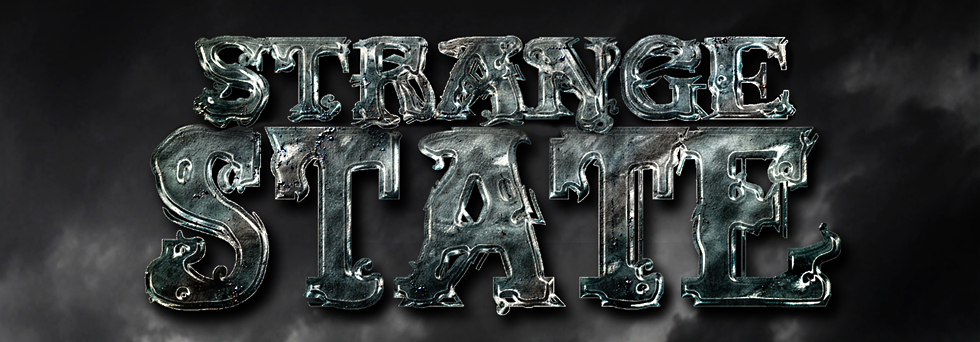USA Today's science blog had an interesting article recently that spoke of rating the factuality of Internet sites to curb the spread of outlandish, unfounded beliefs. One recent example cited was that CERN's supercollider created a blackhole that will now slowly engulf the planet.
While, I agree whole-heartedly with the thought process behind such an endeavor, I have to admit, it's a fool's errand. The Internet is information anarchy at its best. And that's probably the way it should stay.
Users already know how and where to find reliable information. It isn't from a Geocities page about how Reptilians helped CERN produce the supercollider to drag the planet into their alternate dimension (delivery is SO much better than take out, don't you agree?), it's coming from those entities that put themselves and their reputations on the line to deliver quality journalism.
Of course, one wonders what kind of rating would sites like this receive. I try to be fair and balanced (most of the time) and demand rigorous supporting data for claims. But I also like to just relay a really fun story now and then. I don't consider this site to be the nexus of all knowledge. I don't believe any one source of information can be such a thing.
When I wrote my book, I often had two or three different sources of information for any one given story. I wanted to be as thorough as possible and see as many sides as I could. I think only when readers and writers try to view a story from all angles, can the truth come to light.
Ultimately, it is up to the reader to make an informed decision.
"On the Web the thinking of cults can spread very rapidly and suddenly a cult which was 12 people who had some deep personal issues suddenly find a formula which is very believable," Berners-Lee told the BBC. "A sort of conspiracy theory of sorts and which you can imagine spreading to thousands of people and being deeply damaging."
The dangers Berners-Lee cites are connected to a fault of our brains. "Even when a lie is presented with a disclaimer, people often later remember it as true," reported neuroscience experts in a recent Times opinion piece. "Consumers of news, for their part, are prone to selectively accept and remember statements that reinforce beliefs they already hold. [In a study,] researchers found that even when subjects were given a specific instruction to be objective, they were still inclined to reject evidence that disagreed with their beliefs."
To read the rest of this article, click here

2 comments:
I have students who come to the library and cite Jon Stewart as a news source! Others get all their information from.....friends.....talk about distorted reality. Remember that game of "telephone" only worse! No one is teaching people how to evaluate or use information and we are becoming "information illiterate."
It's scary how closely our thoughts seem to be linked at times Cullan. I read the same article and posted it to my FriendFeed with similar comments.
I suppose the folks like Sir Tim are admitting their own failings in teaching everyone the basics of critical thinking. It's very easy for people to be swayed by what seems to be a decent argument without ever digging further.
As MH Research notes, I also hear people who daily quote the latest from Limbaugh or O'Reilly as a "source" of information. I've actually found, on further research, that Jon Stewart usually has his stories in better order than either of those two.
I had very good teachers who taught me to go to primary sources first and thoroughly vet secondary sources. It's a skill I have tried to teach our researchers with SPI, hopefully with some success.
But, I do take exception to people who decide they want to become the Internet Police and decide what is an acceptable idea and what is not. After all, that is a slippery slope. At what point does a site become low rated, not because it has poor information but because it has unpopular information?
People think scientists are above politics and infighting, but few fields outside Congress are as ripe with infighting, politics and downright envy as the field of scientific research.
Knee jerk reactions to protect the "ignorant" are never a good policy.
Post a Comment